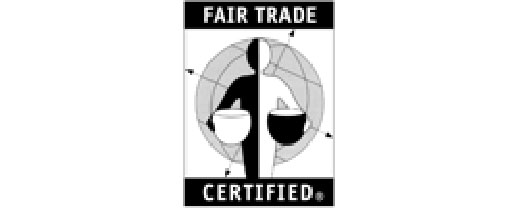Home / About Fair Trade / Fair Trade FAQs

Definitely. Every time you choose to purchase a Fair Trade item, you support a just and sustainable global economic system. Every purchase made is a step forward towards the eradication of global poverty.
Think of your purchasing power as a ‘vote’: you are voting in favor of a sustainable and respectful trading system, which fosters the creation of responsible businesses. At the same time, it pressures big corporations to adopt responsible business practices.
Not necessarily, because fair trade organizations work directly with producers, cutting out exploitative middlemen. This way, they keep products affordable for consumers and return a greater percentage of the price to the producers.
When it comes to coffee or cocoa, the social premium that is paid is not too high. According to Fair Trade Labeling Organization (FLO), on average, Fair Trade coffee farmers are paid:
Look for information attached to the product that explains why it is Fair Trade. Also, see if the company that sells the product is a member of the Fair Trade Federation, or, in the case of agricultural products, if it has the TransFair USA ‘Fair Trade Certified’ logo on it.

What we call “Free-trade” is the movement of goods between countries without government restrictions to improve efficiency. Unfortunately, this system has created a global “race to the bottom” as countries look to increase market share by lowering costs, wages, safety, and environmental regulations, among other standards. Fair Trade, on the other hand, is a “race to the top”: treating producers with respect, paying fair wages, fostering development, and upholding high environmental standards.
In the end, fair traders want to give disadvantaged producers and farmers an opportunity to participate in the world’s “free trade” environment.
Fair Trade is not about setting mindless or irresponsible price floors. A fair price for goods is calculated based on the effort put into making a product or growing produce, and based on other factors such as the estimated living wage in different regions of the world. Even then, you shouldn’t expect to pay much more for fair trade products.